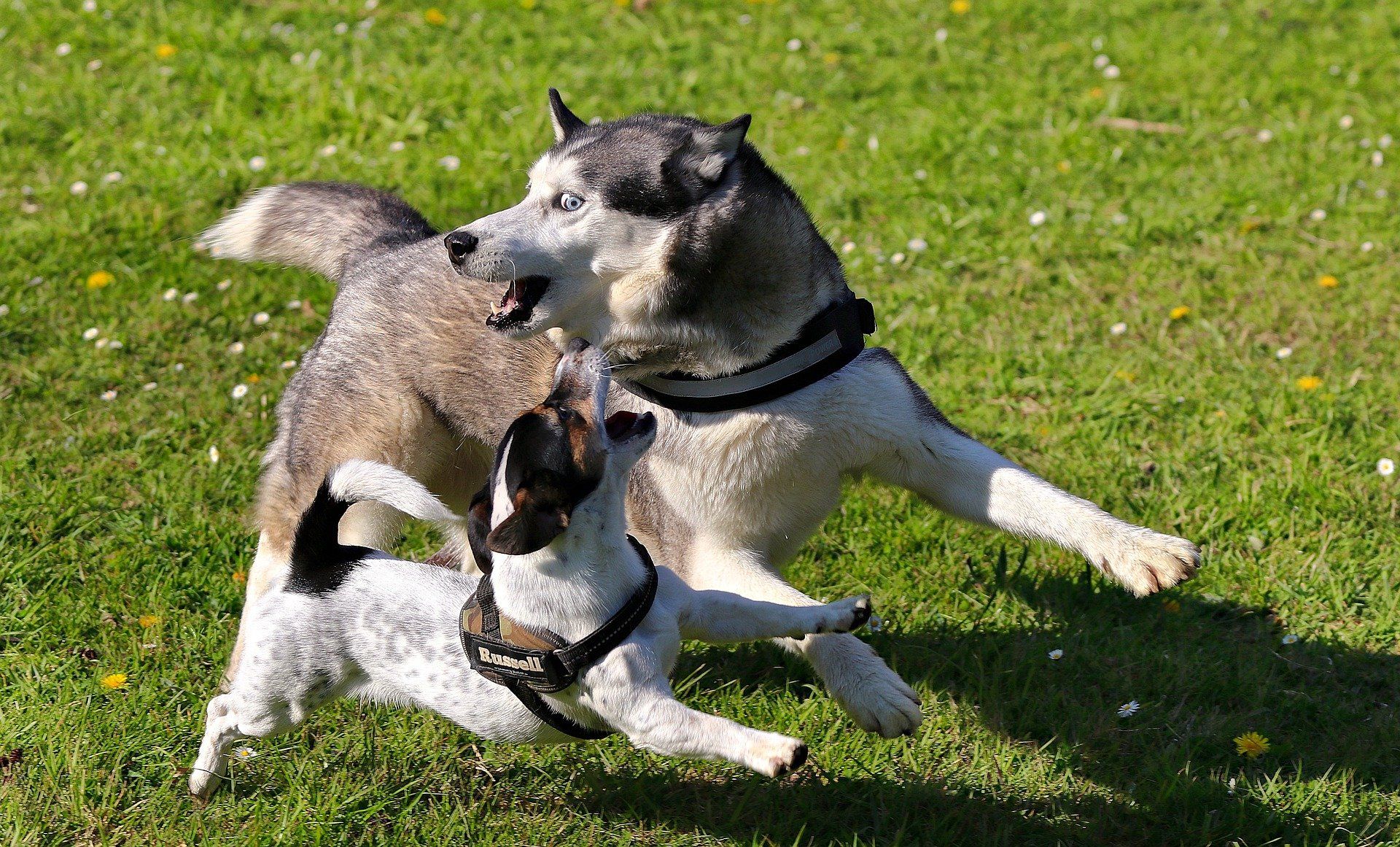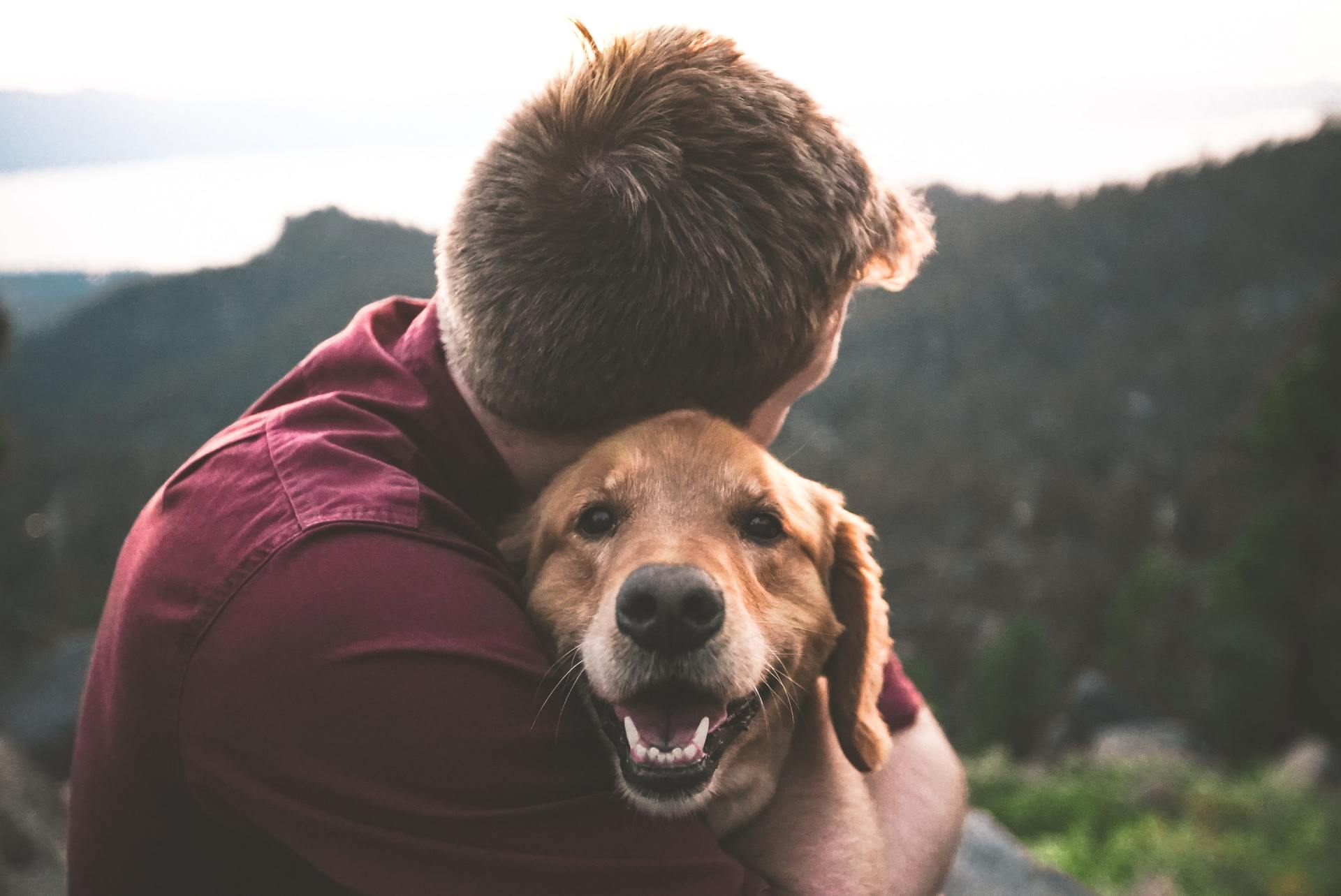What To Expect At Doggy Daycare
What to Expect at Doggy Daycare: A Comprehensive Guide for Pet Parents

Doggy daycare has become a beloved option for many pet parents, offering a fun and engaging environment for their canine companions while they're away. But what exactly can you expect when you drop your furry friend off at daycare? Let’s take a closer look at what a typical day at doggy daycare entails and how you can ensure it’s a great experience for your pup.
1. Arrival and Check-In
The day usually begins with the check-in process. When you arrive at the daycare, you'll typically be greeted by staff who will ask for basic information about your dog, such as any special needs, allergies, or medical conditions. You may request a meet-and-greet before your dog's first day to ensure a smooth transition.
2. Meet and Greet
The first day involves a gradual introduction to the other dogs. This allows your pup to get accustomed to the environment and assess their comfort level with new canine friends. Staff will closely supervise these initial interactions to ensure everything goes smoothly.
3. Playtime and Socialization
Once your dog is settled in, the fun begins! Doggy daycares typically offer a range of activities, including:
- Group Play: Dogs are often divided into groups based on size, temperament, or energy levels. This ensures that playtime is safe and enjoyable for everyone.
- Individual Play: Some daycares offer one-on-one play sessions or quieter areas for dogs who may prefer a bit of alone time.
Socialization is a big part of doggy daycare. It's not just about burning off energy but also about helping your dog learn how to interact with other dogs and people in a controlled, positive environment.
4. Rest and Relaxation
Even the most energetic dogs need downtime. We provide areas for dogs to rest, where they can relax on comfortable beds or blankets. Rest periods are important to prevent overstimulation and ensure that your dog has a balanced experience.
5. Meals and Snacks
If your dog has a set feeding schedule, be sure to provide their food in a clearly labeled container. We will follow your feeding instructions, while also offering snacks or treats. Make sure to communicate any dietary restrictions or preferences to the staff.
6. Health and Safety Protocols
We prioritize the health and safety of all dogs. This typically includes:
- Vaccination Requirements: We require up-to-date vaccinations to ensure the health of all dogs.
- Health Monitoring: Staff are trained to recognize signs of illness or distress and will take appropriate action if needed.
- Cleanliness: Expect a clean and well-maintained environment, with regular sanitation procedures in place.
7. Pickup and Feedback
At the end of the day, you'll pick up your dog and usually receive feedback on their behavior and interactions. We provide you a quick report summary . If your dog had a great time, they might be a bit tired but happy!
Tips for a Smooth Doggy Daycare Experience
- Prepare Your Dog: Gradually introduce your dog to the idea of daycare by starting with shorter visits or by having a trial day.
- Communicate: Keep open lines of communication with the daycare staff about your dog’s needs, preferences, and any concerns.
- Pack Smart: Bring your dog’s food, any medications, and comfort items like a favorite blanket or toy.
- Observe and Adjust: Pay attention to how your dog responds to daycare and be willing to make adjustments if needed, such as changing the days or times they attend.
Doggy daycare can be a fantastic way for your dog to stay active, socially engaged, and happy while you're away. By understanding what to expect and preparing accordingly, you can help ensure that your pup has a positive and enriching experience every time they visit.




